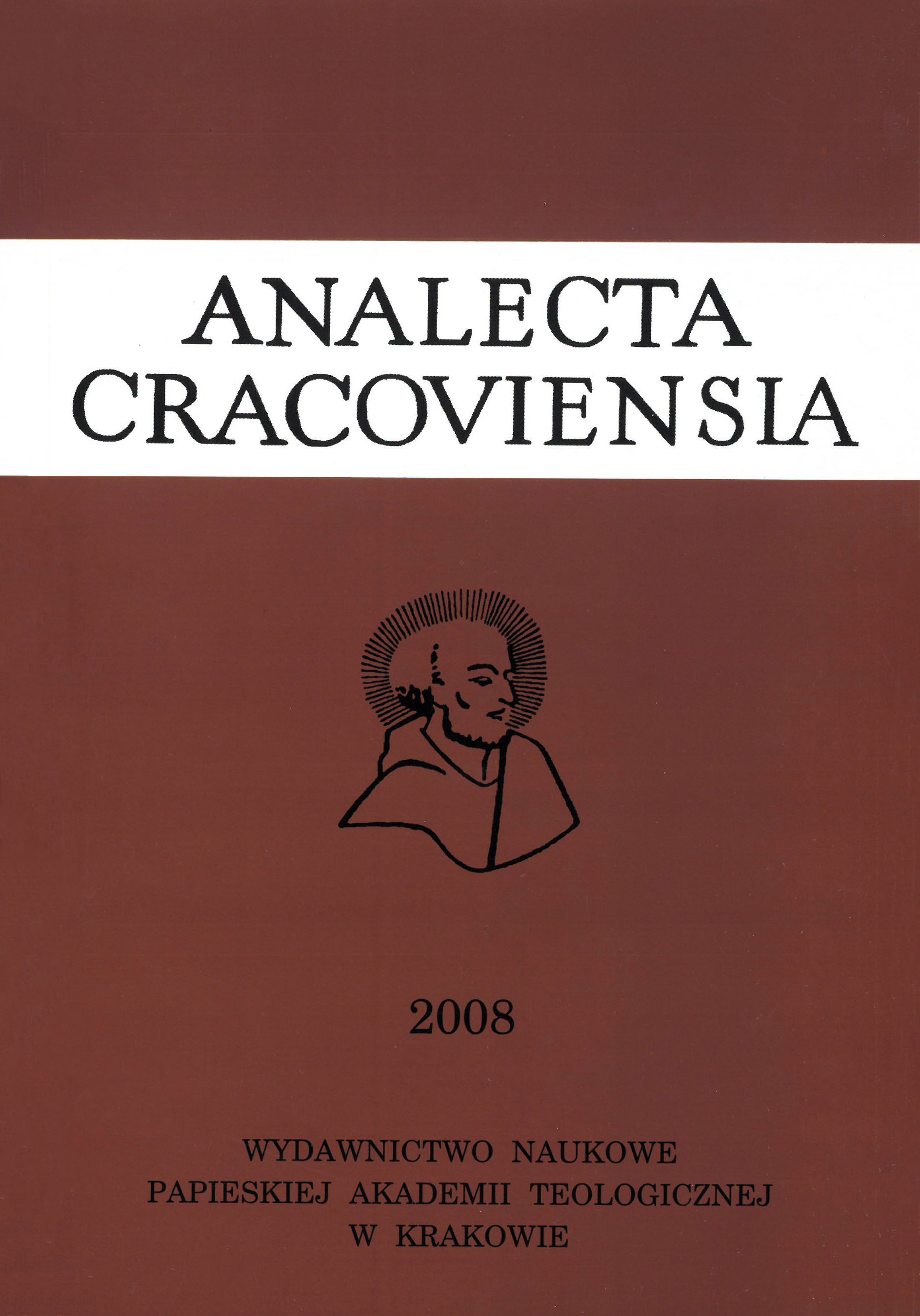Autonomia podmiotu politycznego w ujęciu Johna Rawlsa
DOI:
https://doi.org/10.15633/acr.4001Abstrakt
Rawls’s philosophy in general and his conception of the person in particular has undenia- bly Kantian foundations. Kant, in his attempt to find a basis for his ethic, came to a conclusion that it can be found only in the autonomy of the will which has to be independent of any em- pirical determination. Any influence of our social and psychological inclinations leads us to the refusal of freedom and makes our will heteronomous. Therefore we are able to be moral only as participants in a transcendental subject.
Rawls preserves Kant’s teaching by detaching it from transcendental idealism and recast- ing in the new context. His social and political theory is founded on a specific anthropology. The metaphysical essence of a person is not determined by any form of the good, ie by the ends we choose, but consists in our capacity to choose them. The reason for that is very clear: If a conception of the good were a part of my identity, I would try to impose it on others in a society we plan to build behind the veil of ignorance. That is why only the persons who are individuated prior to their ends can construct a just society. So in Rawls’s view the autonomy turns out to be our essence.
However his anthropology and his political thought as well induce us to raise some objec- tions to his proposals. Rawls sees a human being in a very abstract and artificial way and such characteristic does not show the truth about ourselves but is used by him to justify liberal prin- ciples. Rawls simply constructs a certain notion of the person, which is liberal in its content to convince us that we have to choose to live in a liberal society. If we do not recognise ourselves in his theory of the person and therefore we are reluctant to accept the liberal vision of society, then what?
Pobrania
Opublikowane
Numer
Dział
Licencja
Prawa autorskie (c) 2022 Piotr Andryszczak

Praca jest udostępniana na licencji Creative Commons Attribution-NonCommercial-NoDerivatives 3.0 Unported License.
Obecnie autorzy publikujący w czasopiśmie udzielają jego wydawcy zgody o następującej treści:
- Autor zachowuje autorskie prawa majątkowe do utworu, a jednocześnie udziela wydawcy czasopisma zgody na jego pierwszą publikację w wersji drukowanej i wersji online na licencji Creative Commons Uznanie autorstwa 4.0 Międzynarodowe oraz zgody na wykonywanie opracowań, w tym przekładów.
- Autor ma możliwość udzielania zgody niewyłącznej na opublikowanie utworu w wersji, która ukazała się w czasopiśmie (np. zamieszczenia go w repozytorium instytucjonalnym lub opublikowania w książce), wraz z informacją o jego pierwszej publikacji w czasopiśmie.
- Autor może umieścić swój utwór online (np. w repozytorium instytucjonalnym lub na swojej stronie internetowej) jeszcze przed zgłoszeniem utworu do czasopisma.

